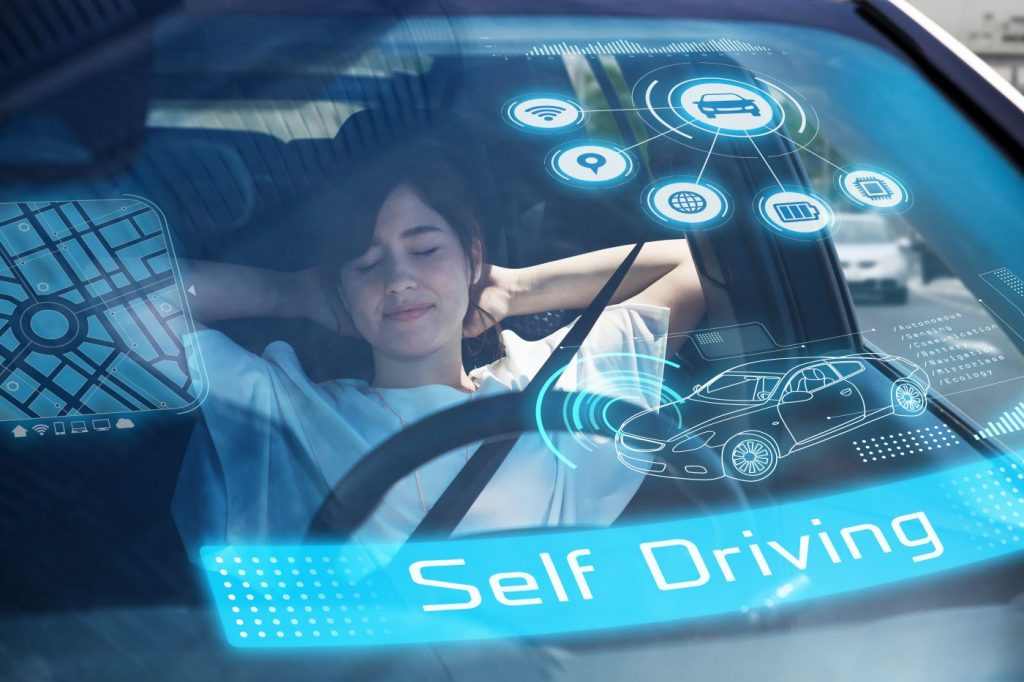Self-driving cars are inching closer to reality, not just in the development labs of big car companies and tech giants, but on the road in a growing number of communities, which are launching pilot projects to put the technology through its paces.

According to a list compiled by Bloomberg Philanthropies and the Aspen Institute, upwards of 47 cities are hosting or committed to developing pilot programs for testing autonomous vehicles (AV) and an additional 22 locales have started the planning and regulatory process to stage the technology without yet committing to any one specific trial. While these early adopters are considering a variety of autonomous vehicle initiatives, the most common anticipated role for self-driving cars is to help bridge existing gaps at the “last mile,” or edges of public transit systems. In fact, the greatest number of pilots involved AVs serving as connectors between railway stations and employment centers and shuttle services within large campus environments.
Even with the amped-up enthusiasm for the technology, it is still early days and there are significant roadblocks to deployment, which is why these early pilot projects are so important. The Bloomberg/Aspen Institute research found cities are struggling to find the human and financial capital to green light the AV projects. In addition, there have been some well-publicized incidents involving self-driving cars which fuel public skepticism. There was a fatal crash involving an Uber self-driving car in Tempe, Arizona, this spring, and Google and Tesla AV and semi-autonomous vehicles have been involved in accidents. According to a Pew Research Center study, more Americans are worried about driverless vehicles (54%) than enthusiastic about their development (40%).
Nevertheless, progress marches on, and a handful of companies and communities are putting the pedal to the metal on self-driving vehicle deployments to learn from these efforts and shift pilots into high gear. Among the projects are:
A Walmart/Waymo partnership pilot in Chandler, AZ: Some customers who place grocery orders through the Walmart.com website will be able to hitch a ride in a Waymo self-driving Chrysler Pacifica van to pick up their order, which will be hand-delivered by a Walmart employee as part of curbside pickup.
The Villages retirement community: The Villages in Orlando, Fla., is partnering with Voyage to bring AV taxi service to its 125,000 residents, who live in the 32-square-mile community covering 750 miles of road. Voyage had previously launched a similar service at a San Jose, CA, community called The Villages Golf and Country Club. Users will be able to summon the door-to-door robot taxi service through an app anywhere within 40 square miles of the community.
Optimus Ride’s Union Point, MA, pilot: The Weymouth, MA, development complex has signed a deal with Optimus Ride, a startup delivering self-driving car technology for geo-fenced environments, on a last-mile pilot. The 18-month program, which Optimus Ride claims is the first revenue-generating pilot, will provide shuttle services to and from the local commuter rail station for residents and visitors to the 1,550-acre urban campus.
As the old saying goes, slow and steady wins the race. These self-driving pilots are crucial milestones in what’s likely to be a long and winding road to prove out the safety and utility of AVs before they become a reality of modern transportation.
